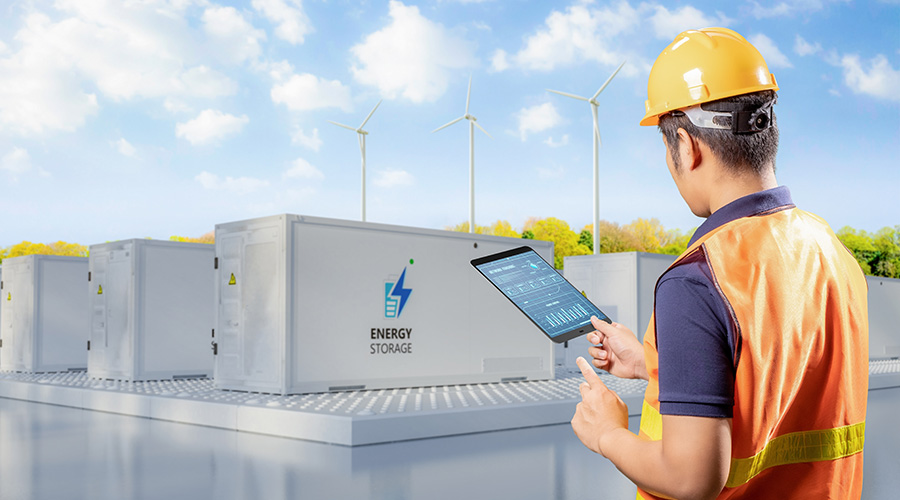Training, Maintenance Are Keys To Access Control
February 18, 2014
Access control systems offer a number of advantages for facility managers who want to have a good, well-rounded plan for security. But to make the most of them, training and maintenance are required.
Managers must ensure that all parties involved with access-control systems receive appropriate training. For building occupants, training should identify and cover proper access procedures, as well as improper activities, such as loaning a card to someone else, propping doors open, or allowing multiple people to enter a facility on a single swipe.
When the access control system was first installed, certain maintenance technicians most likely received training in its operation and maintenance. Over time, they will have forgotten at least some of these learned procedures or replaced them with more desirable ones. New technicians also have arrived and most likely relied on existing employees to learn these procedures. To ensure that everyone is working the system properly, managers can schedule periodic refresher courses.
Staff also must regularly inspect the equipment that runs the system. Too often, areas in which this equipment is located become collection points for paperwork, unused equipment, and trash. Computers and circuit boards need adequate ventilation. Workers should regularly inspect systems to make certain paperwork and other materials do not block ventilation fans and ports. Cabinet-mounted circuit boards should remain closed to keep dust and dirt from accumulating on the circuit boards and interfering with cooling.
It is equally important to regularly inspect all cables and connections that are part of the system. Inadequately supported cables and conduit put stress on wiring and connectors that can cause failures. All connections and seals to field mounted equipment must be kept in good condition.
It is important that technicians also test the functionality of the system. For card readers, this requirement means technicians will have to swipe both valid and invalid cards in order to determine that the system is accepting and rejecting cards properly.
At any alarm points in the system — such as when a door is opened improperly— technicians must test those alarm points individually to make certain the system reports the alarms promptly and properly to the system.
Next
Read next on FacilitiesNet







